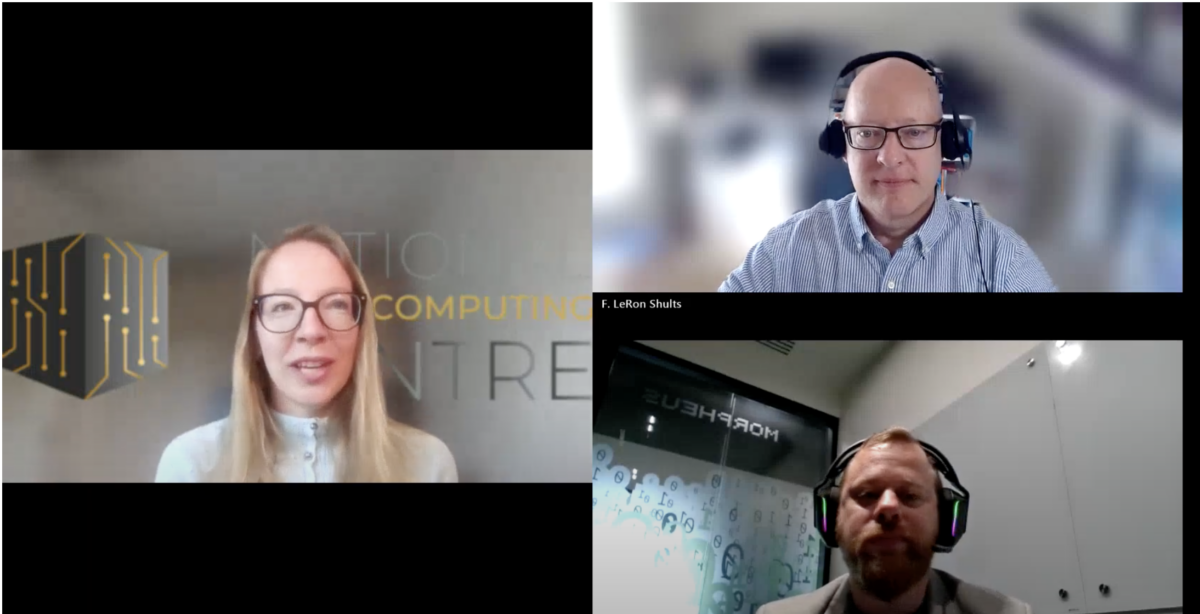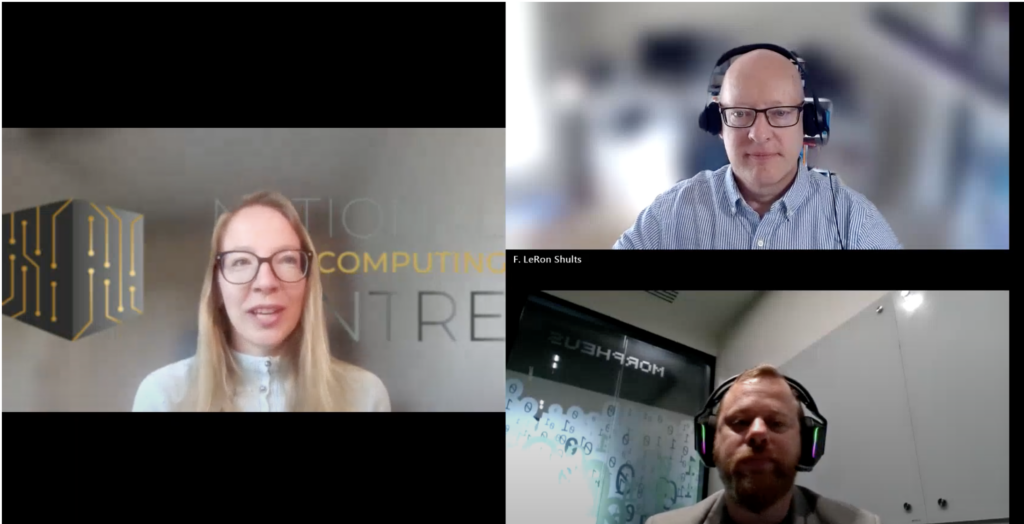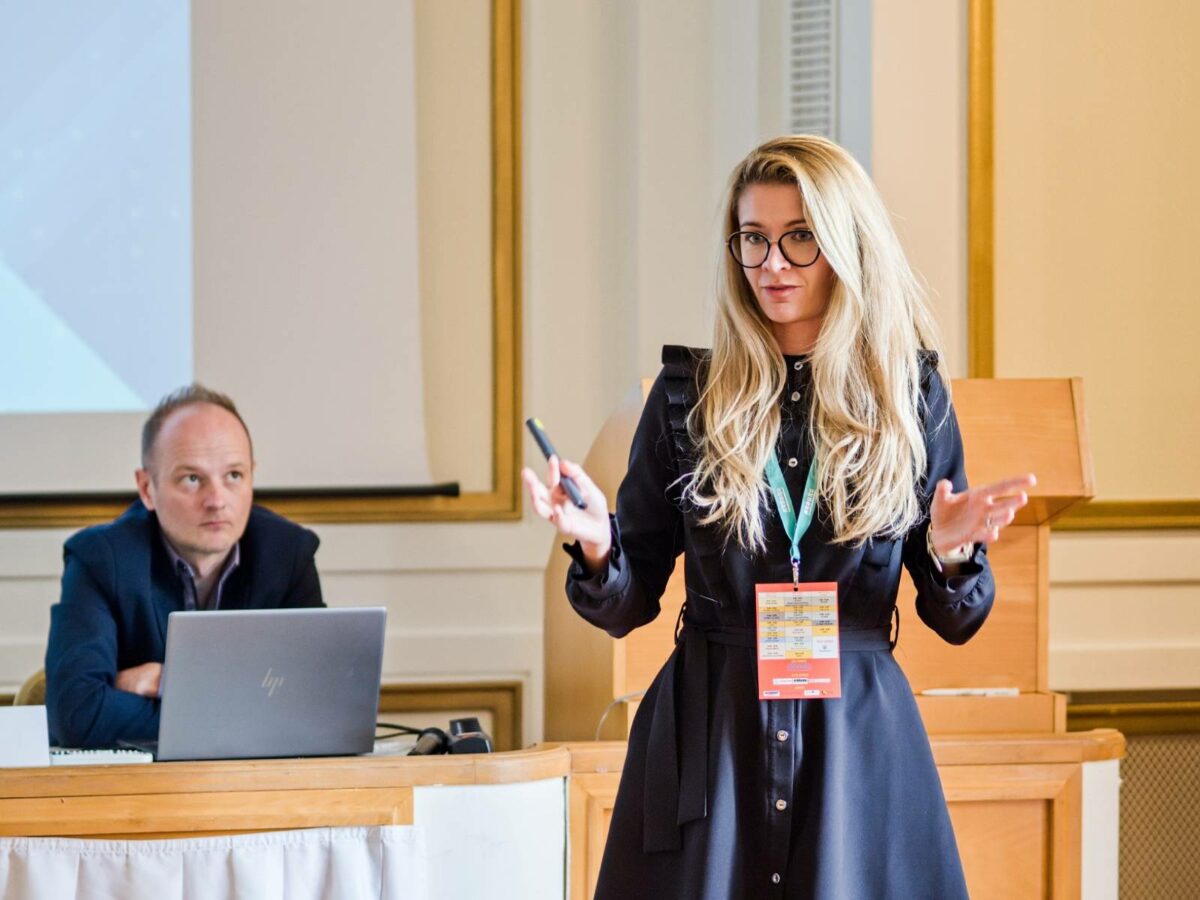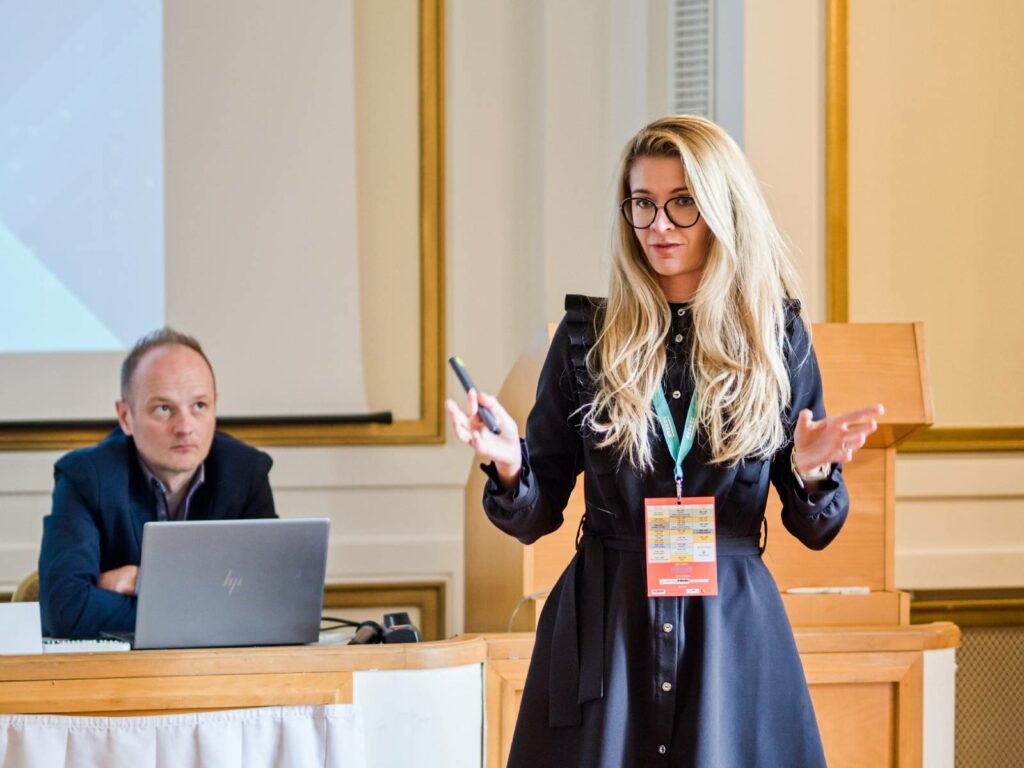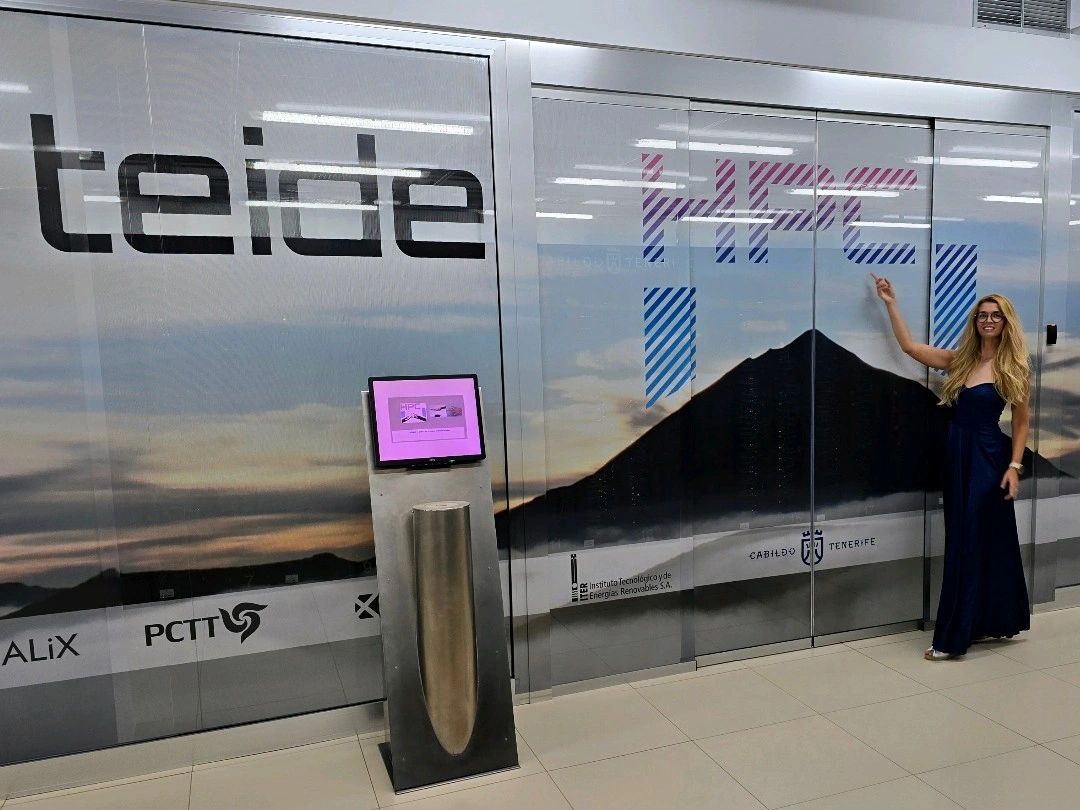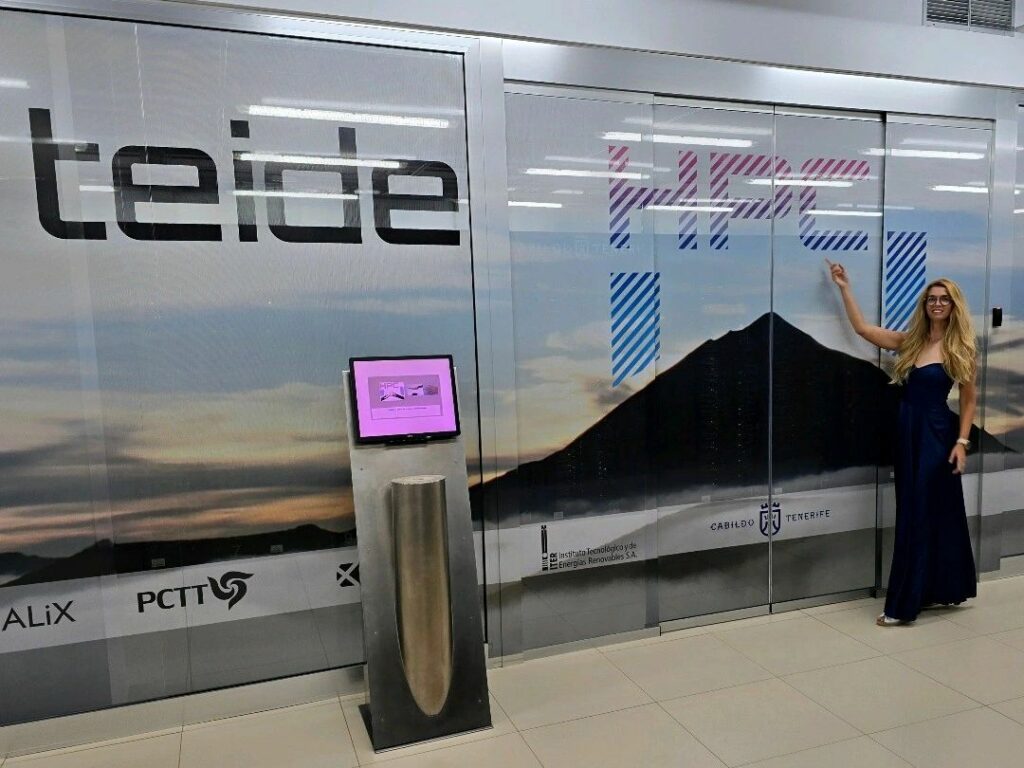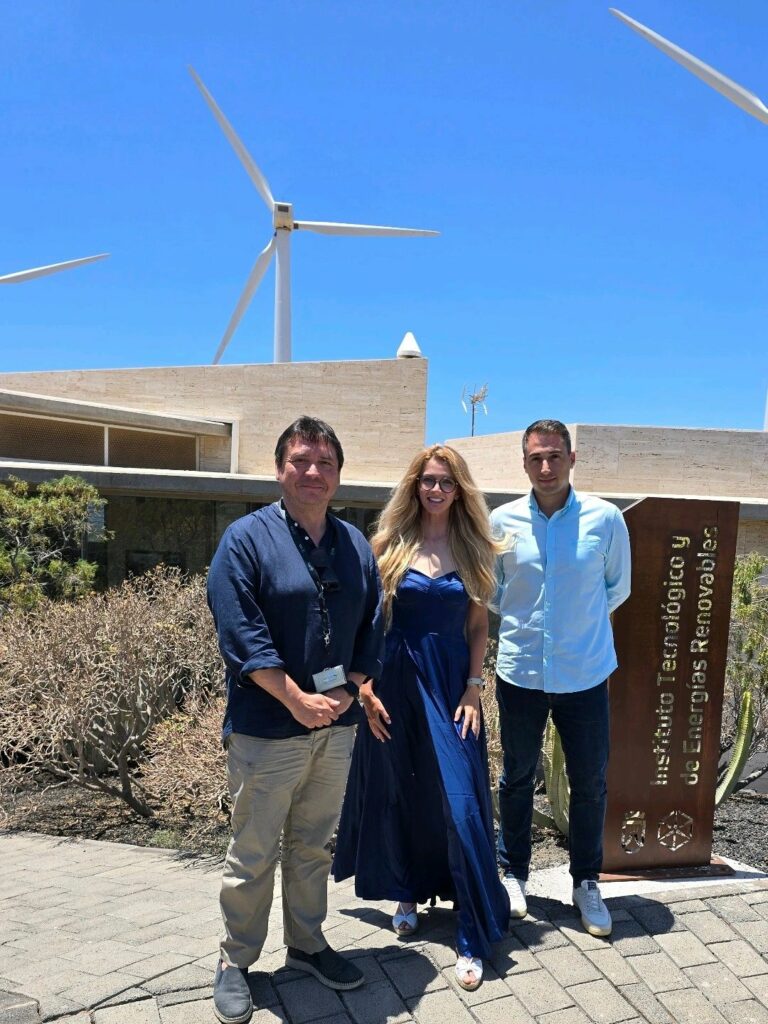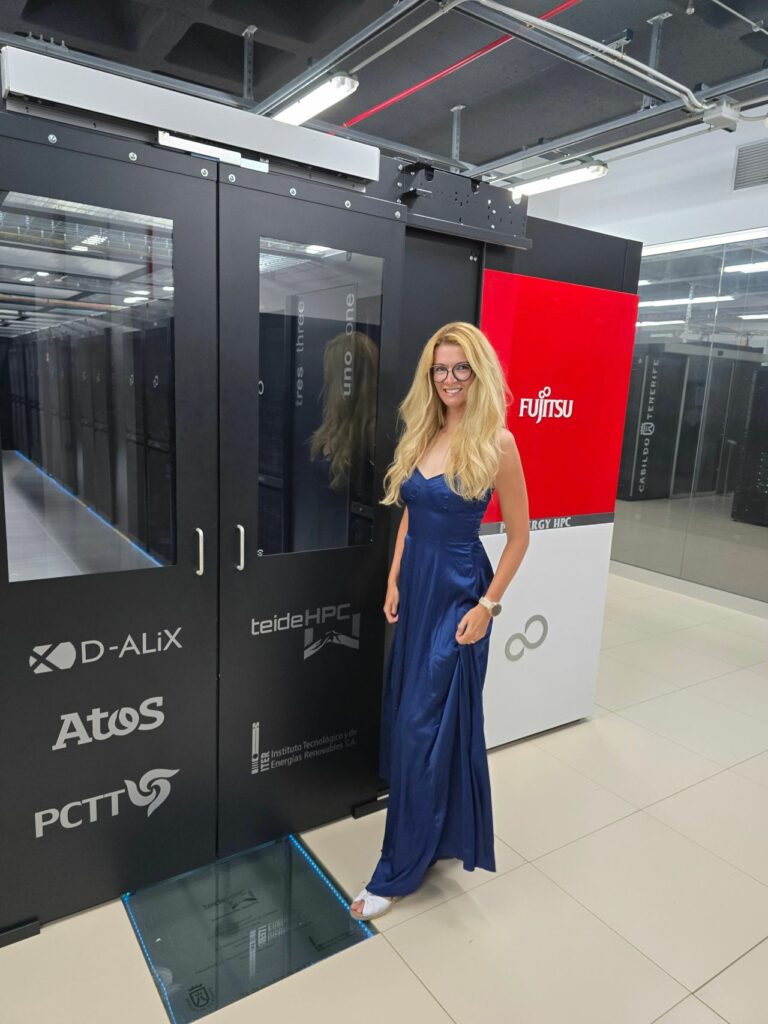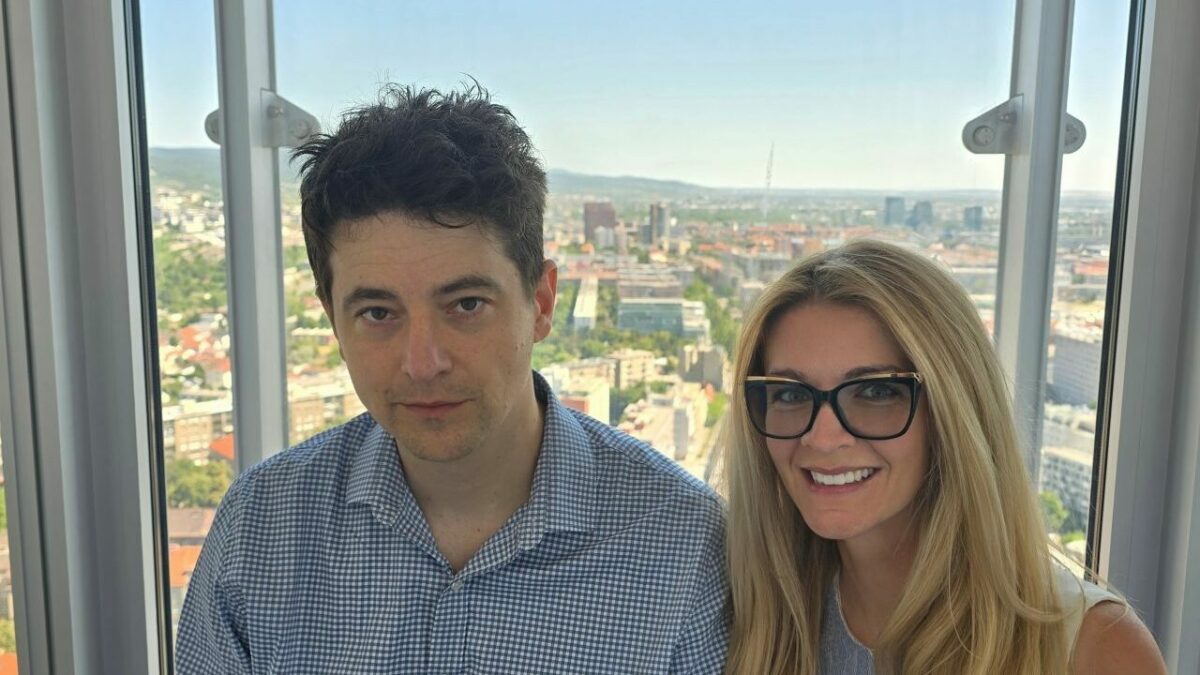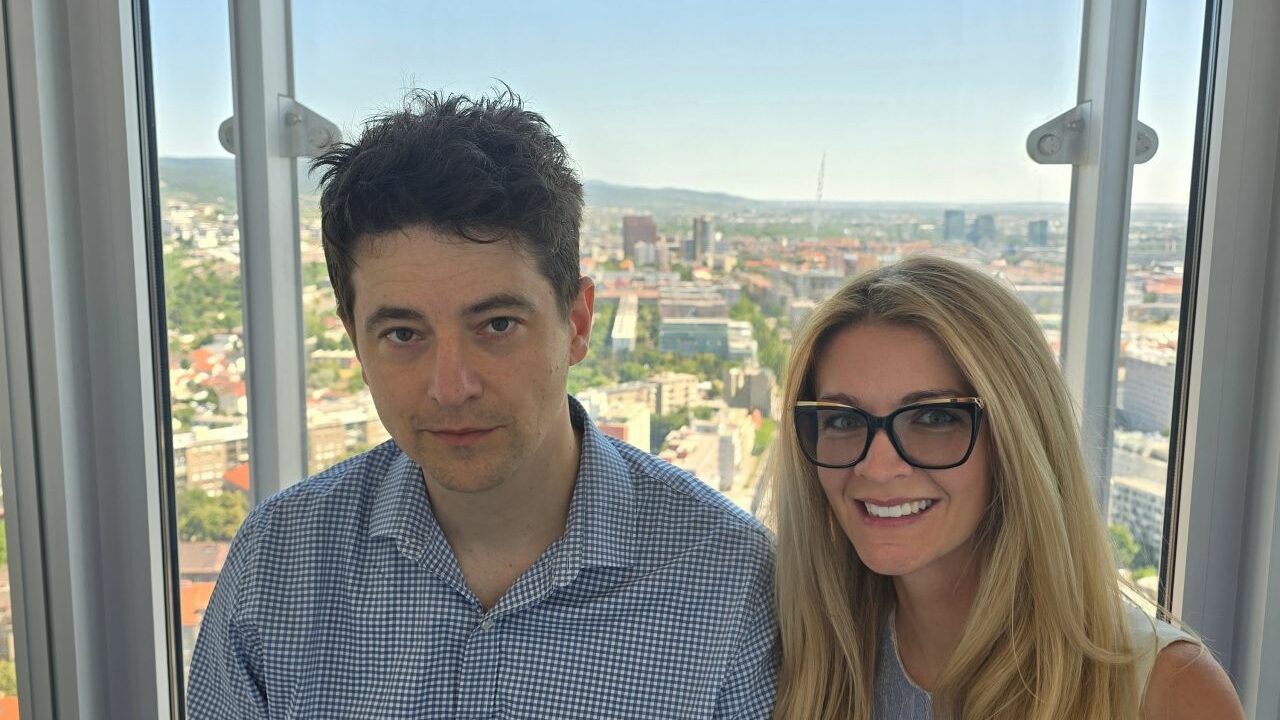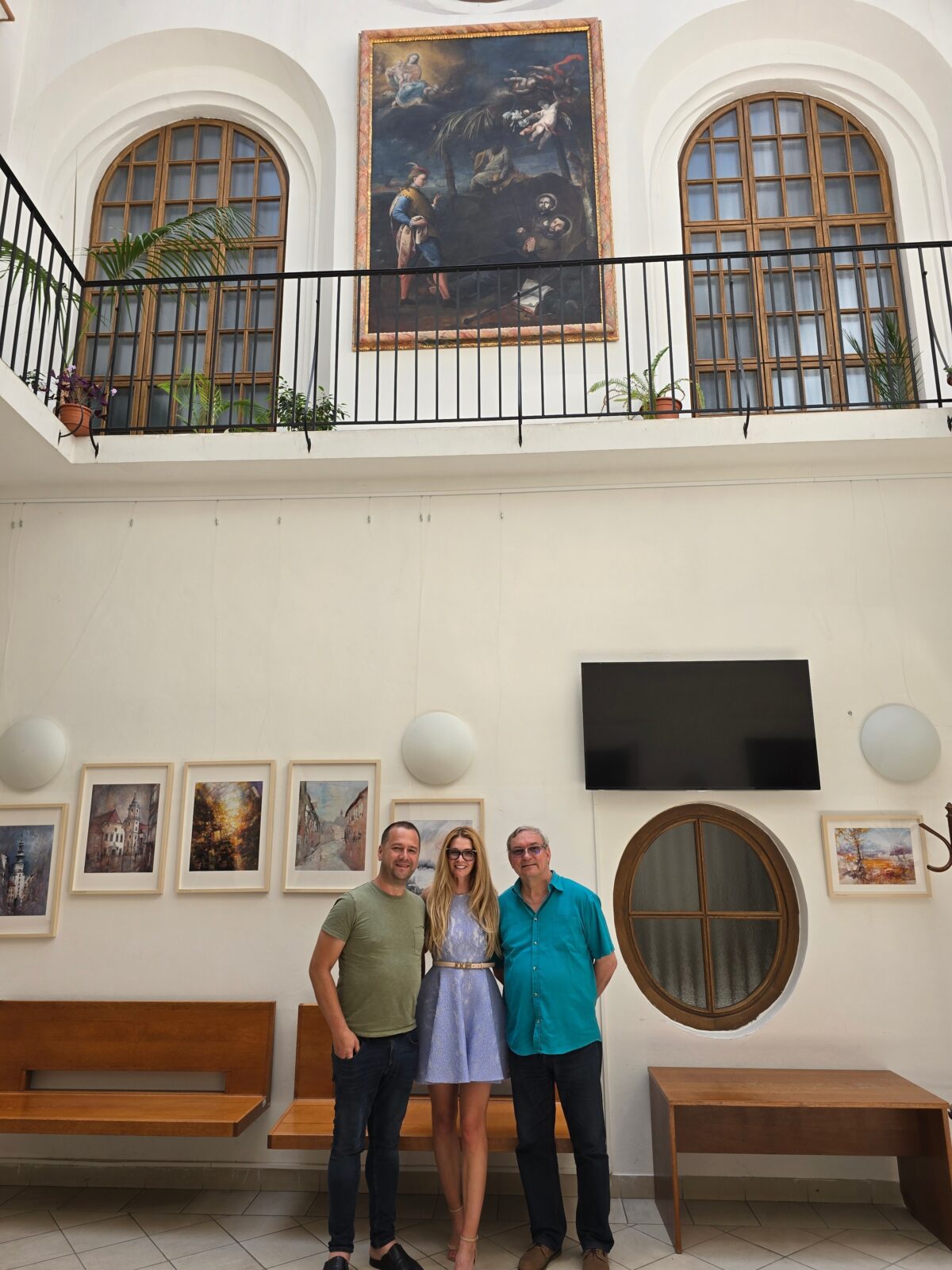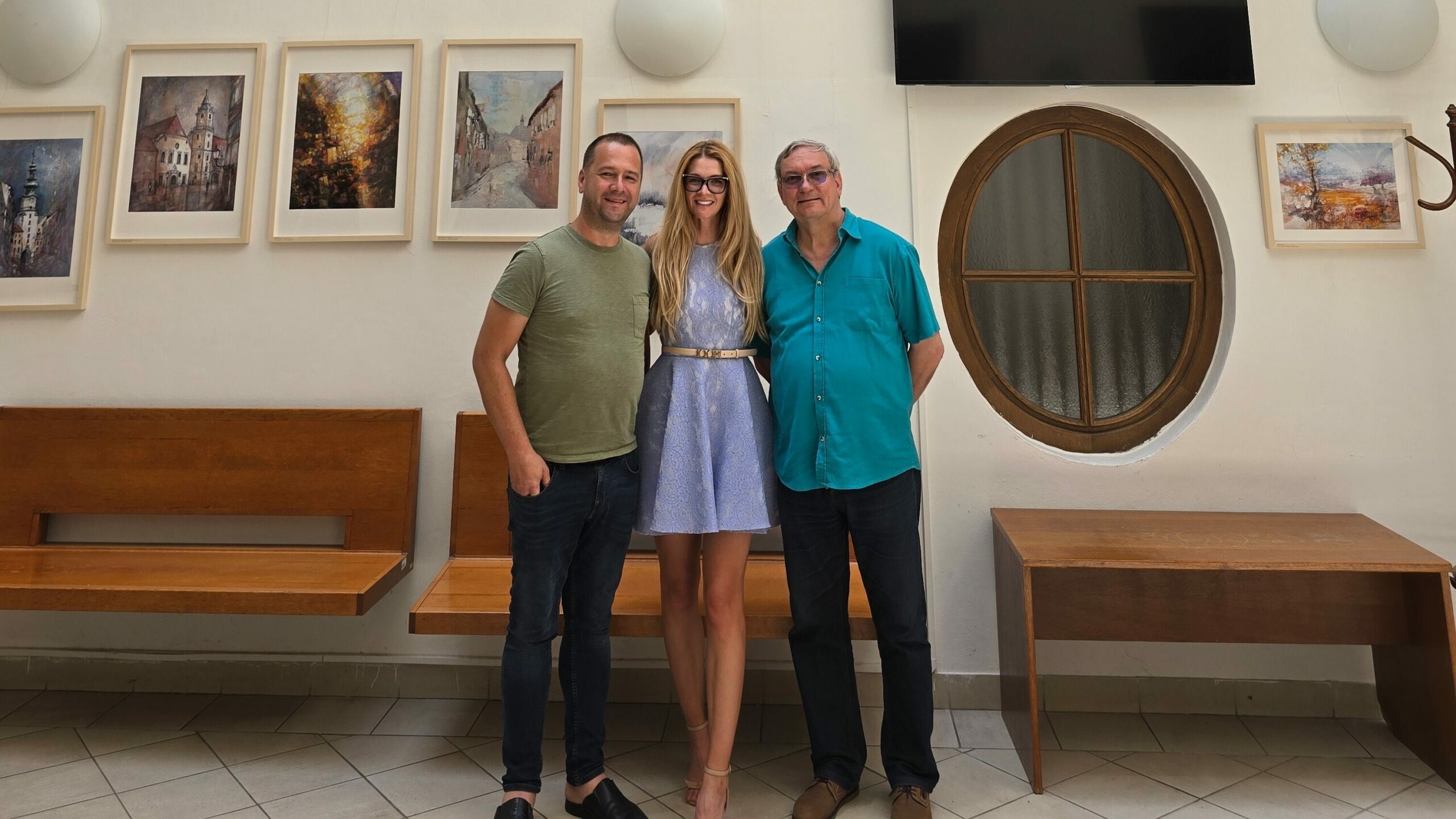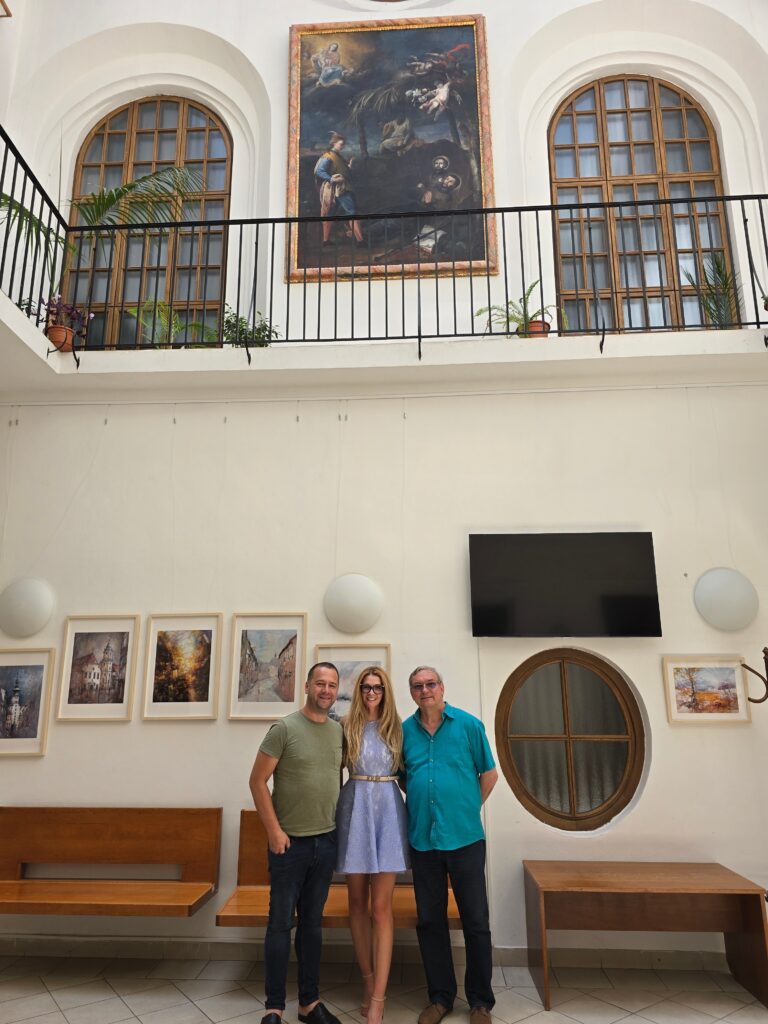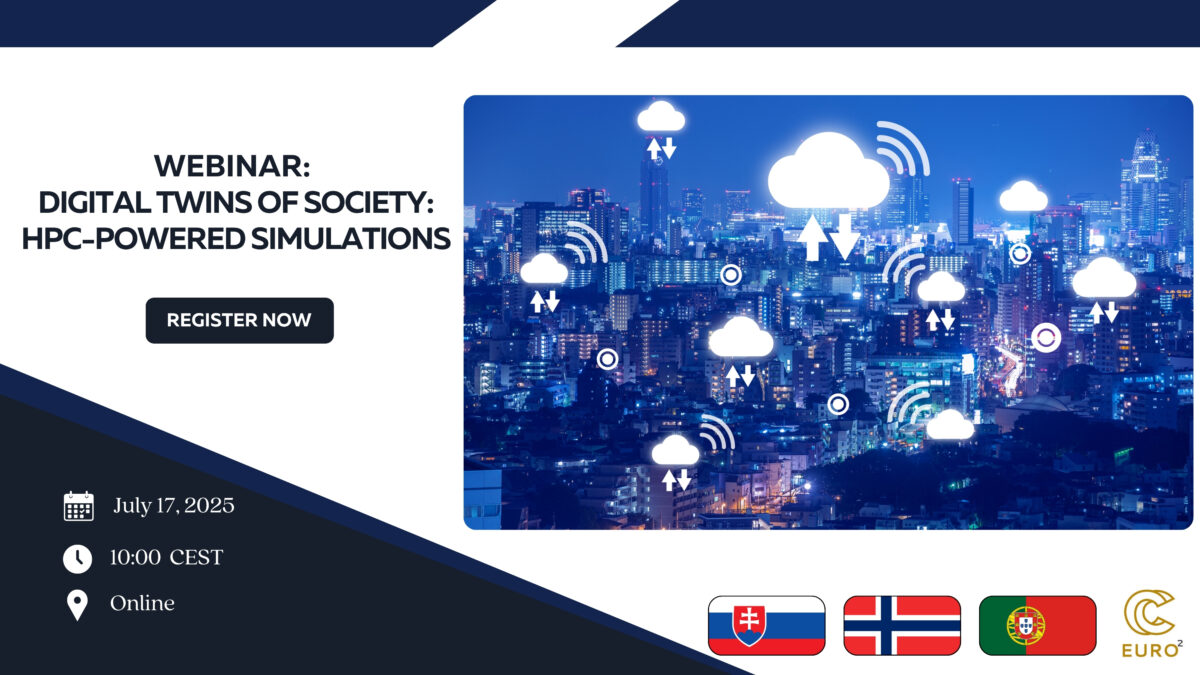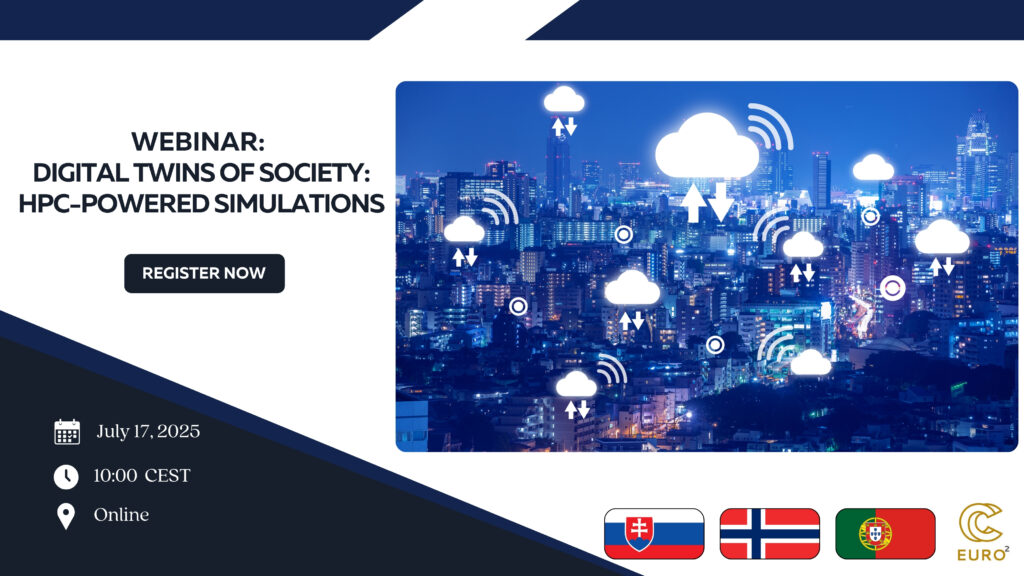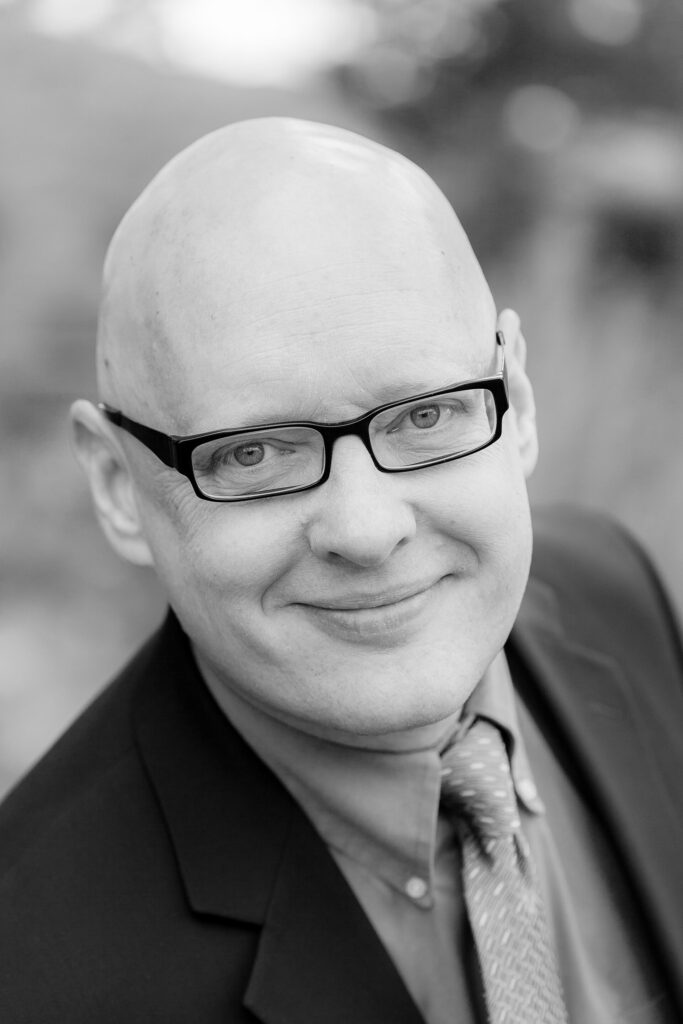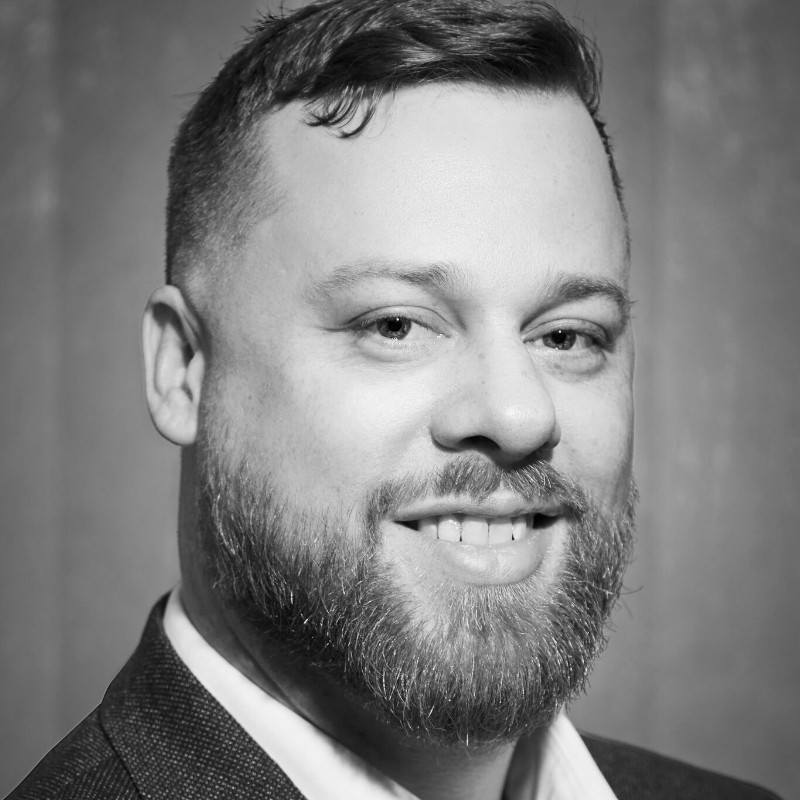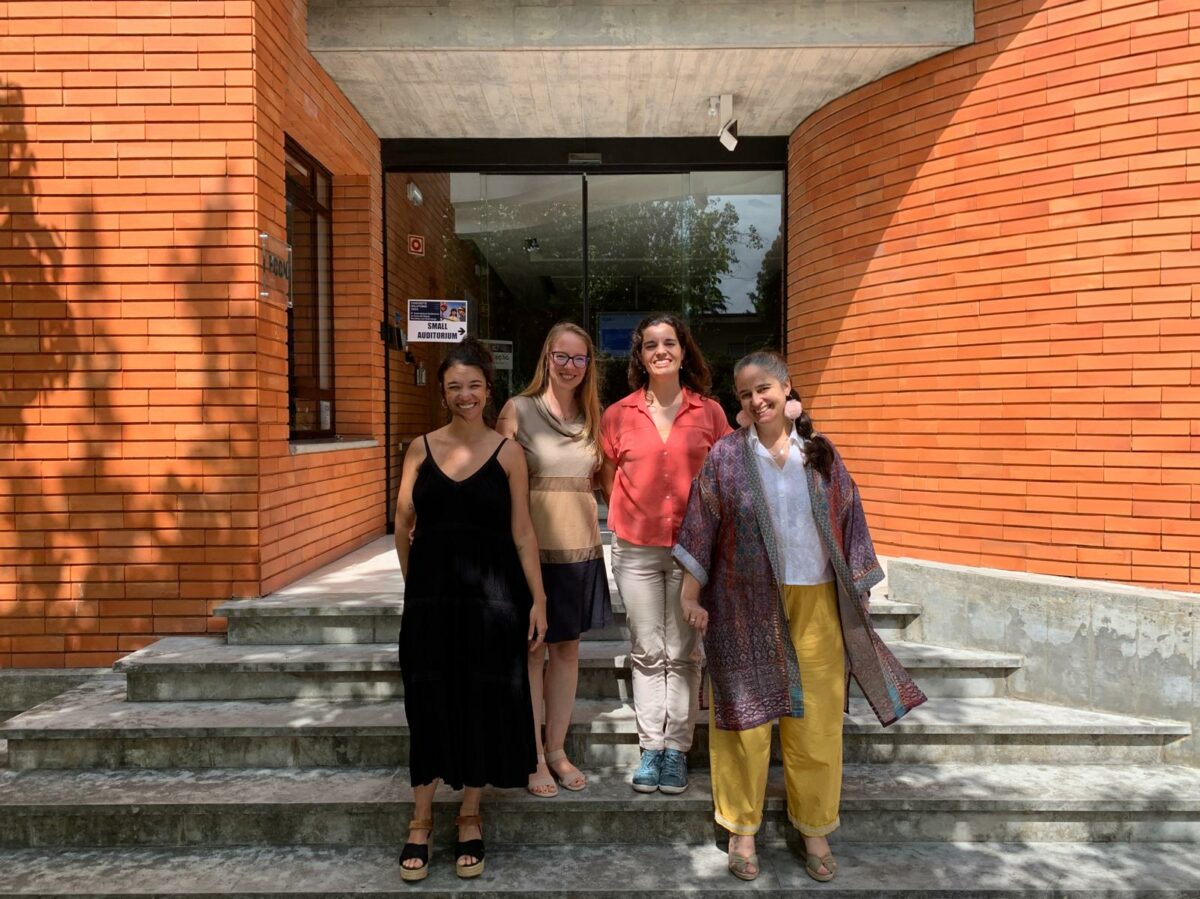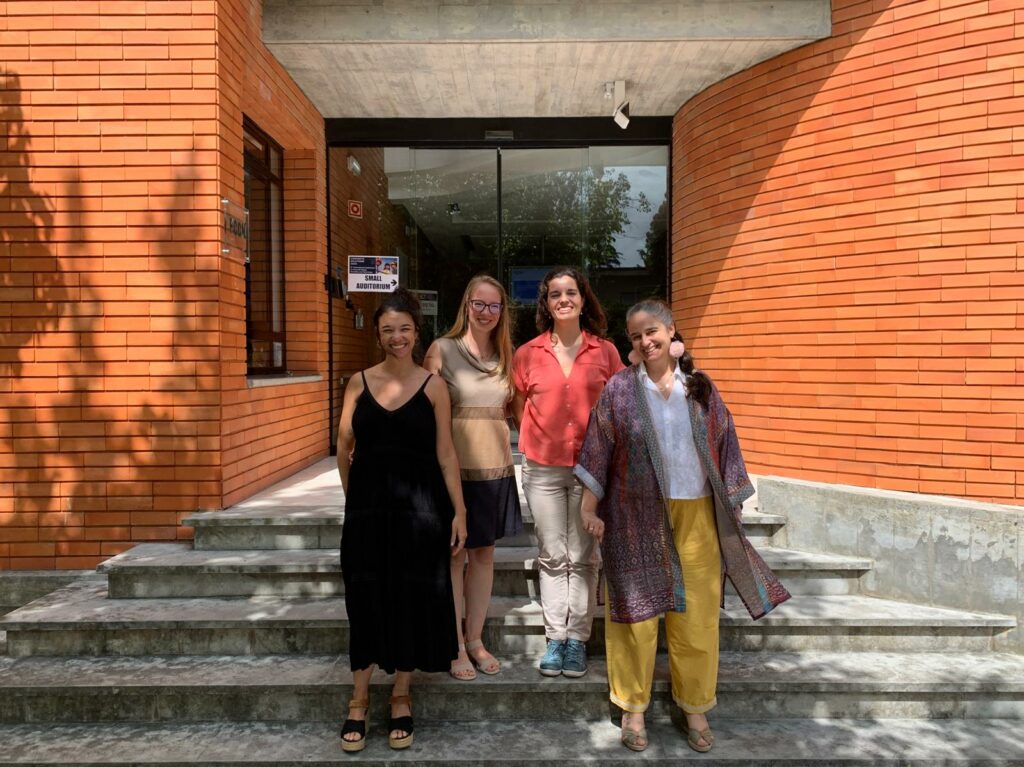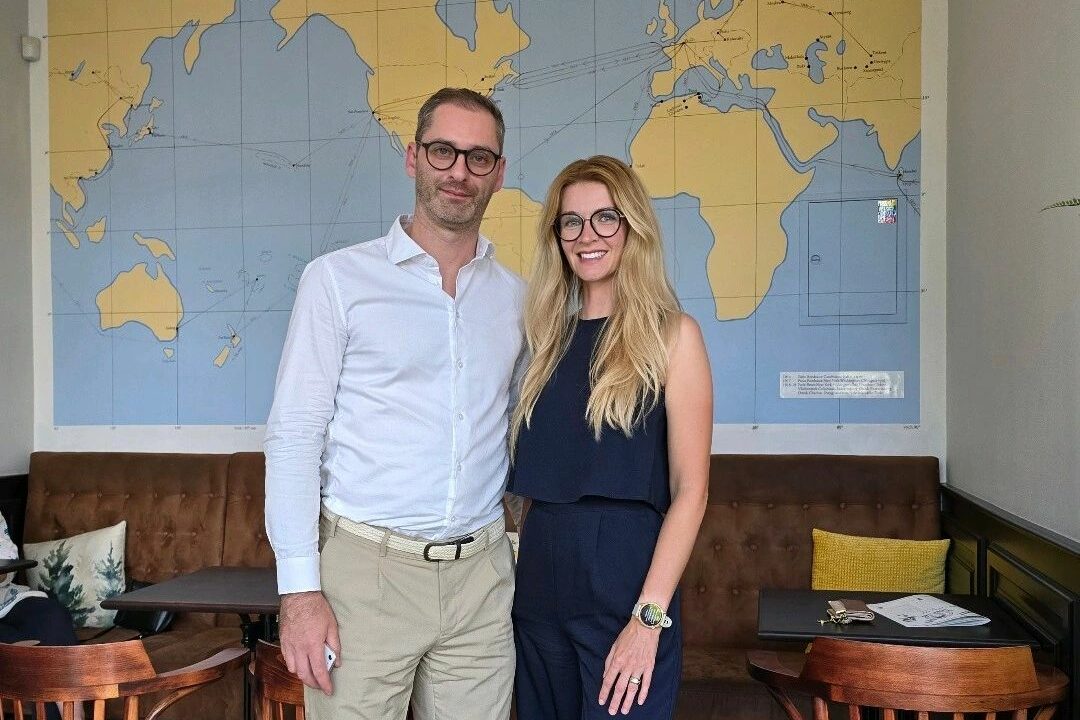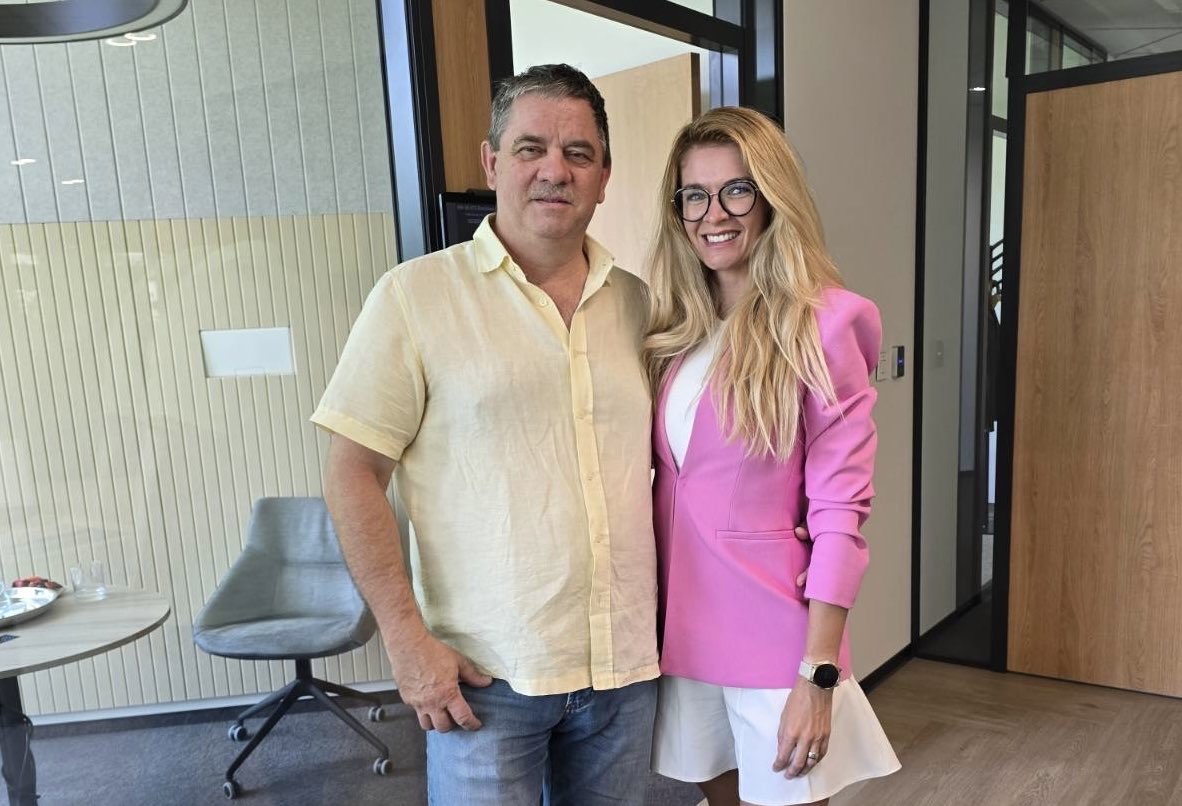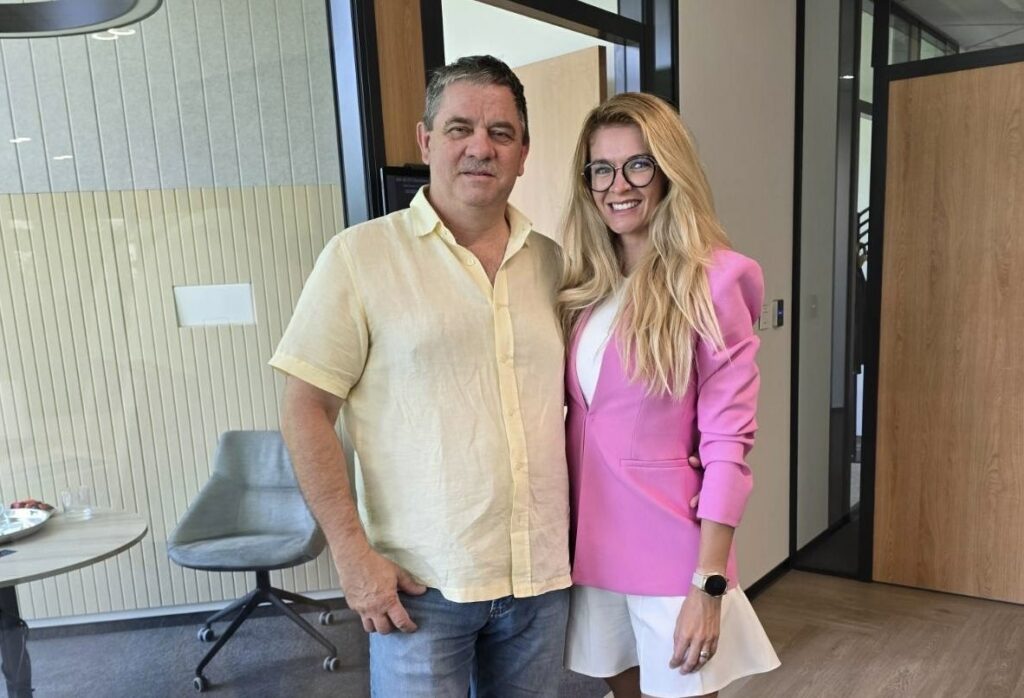Recording of the Webinar: Simulating Societies through AI and Digital Twins
Did you miss our webinar "Digital Twins of Society: Simulations Powered by HPC”? The recording is now available online. The webinar offered inspiring insights into how artificial intelligence, cognitive modeling, and multi-agent simulation technologies help researchers understand and predict complex social phenomena such as the spread of disinformation, radicalization, and social cohesion.
The webinar featured leading experts in the field: Prof. Dr. F. LeRon Shults from NORCE and the University of Agder (Norway), who specializes in cultural cybernetics and modeling extremism, and Dr. Justin Lane, co-founder of CulturePulse AI and Scientific Director of the DEKK Institute, a pioneer in multi-agent AI and the creator of societal digital twins.
The webinar showcased real-world applications of these technologies, including simulations developed for the United Nations, the Norwegian government, and conflict modeling such as the Israel–Palestine crisis. It also introduced the Slovak Digital Twin initiative, which leverages the Devana supercomputer to run large-scale national simulations.
The program also included a discussion on the ethical aspects of using AI and the opportunities for international collaboration.
The webinar was organized by the National Supercomputing Centre Slovakia in collaboration with NCC Norway and NCC Portugal as part of the EuroCC project activities.
 BeeGFS in Practice — Parallel File Systems for HPC, AI and Data-Intensive Workloads 6 Feb - This webinar introduces BeeGFS, a leading parallel file system designed to support demanding HPC, AI, and data-intensive workloads. Experts from ThinkParQ will explain how parallel file systems work, how BeeGFS is architected, and how it is used in practice across academic, research, and industrial environments.
BeeGFS in Practice — Parallel File Systems for HPC, AI and Data-Intensive Workloads 6 Feb - This webinar introduces BeeGFS, a leading parallel file system designed to support demanding HPC, AI, and data-intensive workloads. Experts from ThinkParQ will explain how parallel file systems work, how BeeGFS is architected, and how it is used in practice across academic, research, and industrial environments.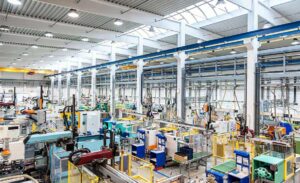 When a production line knows what will happen in 10 minutes 5 Feb - Every disruption on a production line creates stress. Machines stop, people wait, production slows down, and decisions must be made under pressure. In the food industry—especially in the production of filled pasta products, where the process follows a strictly sequential set of technological steps—one unexpected issue at the end of the line can bring the entire production flow to a halt. But what if the production line could warn in advance that a problem will occur in a few minutes? Or help decide, already during a shift, whether it still makes sense to plan packaging later the same day? These were exactly the questions that stood at the beginning of a research collaboration that brought together industrial data, artificial intelligence, and supercomputing power.
When a production line knows what will happen in 10 minutes 5 Feb - Every disruption on a production line creates stress. Machines stop, people wait, production slows down, and decisions must be made under pressure. In the food industry—especially in the production of filled pasta products, where the process follows a strictly sequential set of technological steps—one unexpected issue at the end of the line can bring the entire production flow to a halt. But what if the production line could warn in advance that a problem will occur in a few minutes? Or help decide, already during a shift, whether it still makes sense to plan packaging later the same day? These were exactly the questions that stood at the beginning of a research collaboration that brought together industrial data, artificial intelligence, and supercomputing power. Who Owns AI Inside an Organisation? — Operational Responsibility 5 Feb - This webinar focuses on how organisations can define clear operational responsibility and ownership of AI systems in a proportionate and workable way. Drawing on hands-on experience in data protection, AI governance, and compliance, Petra Fernandes will explore governance approaches that work in practice for both SMEs and larger organisations. The session will highlight internal processes that help organisations stay in control of their AI systems over time, without creating unnecessary administrative burden.
Who Owns AI Inside an Organisation? — Operational Responsibility 5 Feb - This webinar focuses on how organisations can define clear operational responsibility and ownership of AI systems in a proportionate and workable way. Drawing on hands-on experience in data protection, AI governance, and compliance, Petra Fernandes will explore governance approaches that work in practice for both SMEs and larger organisations. The session will highlight internal processes that help organisations stay in control of their AI systems over time, without creating unnecessary administrative burden.
